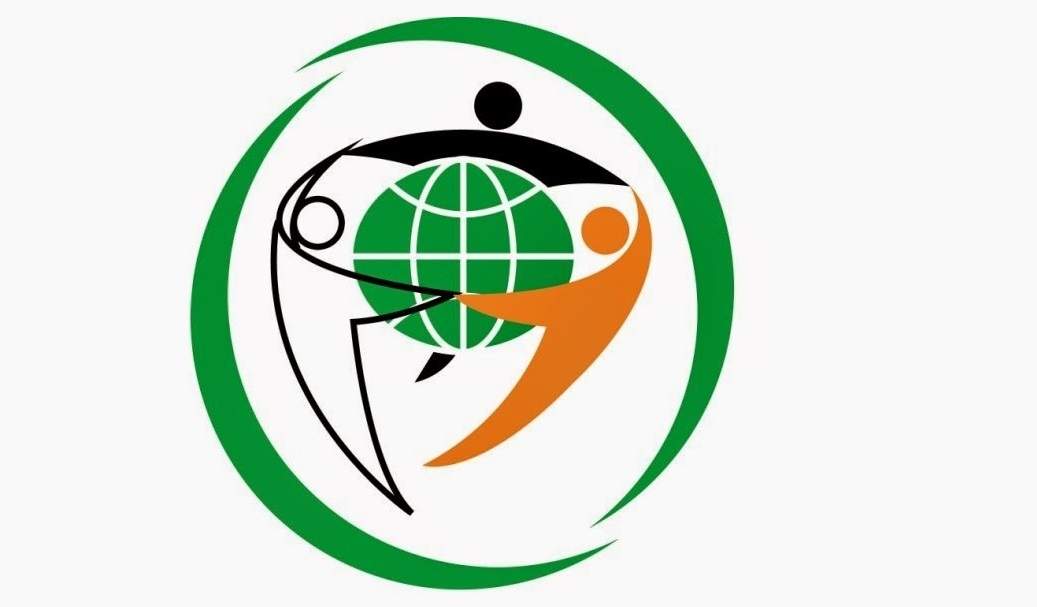Intercultural Engagement

What is intercultural community?

How do we become intercultural?
When we talk to those in church leadership about intercultural communities they often say ‘tell me what to do!’ Becoming an intercultural community is a process – and there is no single way to do it because it is always contextual. That said, there are many different ideas and tools that can help stimulate conversation, conversion and action in your community.

Why does it matter?
Aotearoa New Zealand has always been a diverse place. Even between different iwi and hapū, there are cultural variations. People from all over the world now live in New Zealand. In 2013 there were more than 200 different ethnic groups across the country – and many of our communities are increasingly ethnically diverse.
Where can I learn more?
Alice Kinyua, our Intercultural Communities Enabler, would love to learn about your context to encourage and help resource you, or connect you with others. You can email her at alice@nzcms.org.nz.
Here you can find links to some helpful resources developed overseas:

United Church of Canada
united-church.ca

Free Methodist Church in Canada
fmcic.ca

Churches Cultures & Leadership
churchesculturesleadership.com
Intercultural Engagement
Broadly, culture relates to language, habits, ideas, beliefs, customs, social organisation, processes and values.

Diversity is part of God’s creation, and God is at work in every culture. Culture can be a good thing! However, we (and the gospel we proclaim) can become captive to our culture. The challenge for every follower of Christ is to allow the Gospel to transcend our culture – to bring out the best of our culture and set us free from everything that entangles.
Intercultural Christian communities
An intercultural community is one where people from different cultures develop a life-in-mutuality, one that is demonstrated through deep relationships where mutual learning, understanding and transformation can take place. The work of the Spirit unites the community and transforms it into the fullness of Christ. These communities are a witness to the reconciling Gospel of Christ because they transcend the social constructs that divide us.
Multicultural and cross-cultural
Neither of these terms fully encapsulates the depth and reciprocity that interculturality demands. Multicultural is best used to describe multiple cultures alongside one another while cross-cultural acknowledges the differences between a dominant culture and other cultures. Sometimes these are used interchangeably with intercultural, and both are stages that can lead towards intercultural community.
A bicultural nation
Biculturalism has a special place in Aotearoa. Growing intercultural communities must not displace the importance of the bicultural partnership between Māori and Pākehā. Pākehā, in this context, has a broad meaning. To be Pākehā is to honour Māori as tangata whenua and to seek to live in deep covenantal relationship with them. Pākehā are, therefore, racially and culturally diverse – not simply ‘white’ or ‘European.’
Justice and solidarity lie at the heart of intercultural relationships. Truly intercultural communities will recognise both the diversity amongst Pākehā and the need for all Pākehā to build bicultural relationships that honour Māori. Many of the tools needed for intercultural life are the same as those necessary for undertaking an authentic bicultural journey
Recommended resources
Miroslav Volf, Exclusion and Embrace, Abingdon Press, 1996
Jay Ruka, Huia Come Home, 2017
This book is a beautiful exposition of the gospel in Aotearoa through a Māori lens. It traces its history, through the ‘cultural missteps’ of the Treaty of Waitangi, until the present day offering hope for us to go forward together.
How do we become intercultural?
When we talk to those in church leadership about intercultural communities they often say ‘tell me what to do!’

Becoming an intercultural community is a process – and there is no single way to do it because it is always contextual. That said, there are many different ideas and tools that can help stimulate conversation, conversion and action in your community.
Below are some excellent resources with practical ideas and tools for the journey. Some key tips for starting this journey are:
Pray:
Truly intercultural community is the work of the Spirit. Ask God to give you eyes to see, ears to hear and the courage to follow God’s invitations.
Ask questions:
Interrogate your congregation and your missional context. Do you care about identity? Do you acknowledge and subvert power and privilege? How are these evidenced in your common life?
Build relationships:
You may have heard the phrase ‘nothing about us without us.’ Are you building a real and authentic relationships with those who are considered ‘other’? How are you enabling their identity, voices and stories to shape your community?
Recommended resources
Rosemary Dewerse, Breaking Calabashes, MediaCom Education Inc., 2013
This is a very practical and accessible book. It draws on the story from Te Ao Māori of Hinemoa breaking a calabash to gain the attention of Tūtānekai. The examples are drawn from the author’s own experience and leaders from different parts of the world. It names four assumptions that inhibit intercultural life – ‘stereotypes are useful for understanding people’, ‘my voice is most worthy’, ‘cultural ignorance is bliss’ and ‘our kind is better than your kind’ – and four practices that nurture intercultural life – ‘caring for identity’, ‘listening to silenced voices’, to ‘nurture epistemic ruptures’ and ‘deal in justice’). It would be a good resource for a group interested in becoming an intercultural community.
Dan Sheffield, The Multicultural Leader: Developing a Catholic Personality, Clements Publishing, 2005
Mark Lau Branson and Juan F. Martinez, Churches, Cultures and Leadership, IVP: Illinois, 2011
Sandra Maria Van Opstal, The Next Worship: Glorifying God in a Diverse World, IVP, 2016
Bob Robinson, Jesus and the Religions, Cascade Books, 2012
Richard Sudworth, Distinctly Welcoming, Scripture Union, 2007
Why does it matter?
Aotearoa New Zealand has always been a diverse place. Even between different iwi and hapū, there are cultural variations.

People from all over the world now live in New Zealand. In 2013 there were more than 200 different ethnic groups across the country – and many of our communities are increasingly ethnically diverse. So what?
One of the gifts of the Body of Christ is its diversity.
We are made to be in Christian community with those who are different from us. Where we resist living in diverse Christian community, we cut ourselves off from the richness and gift offered by other parts of the body – and deny the work of the Spirit. We cannot grow into the fullness of Christ if part of the body is missing!
God’s mission is from everywhere, to everywhere.
If we are to make disciples of all nations, then we must be prepared to engage with others who are different from us in our own neighbourhoods (without losing our passion for overseas mission).
The Church is a witness to the rest of the world of the unity, love and fellowship that is to be found in Christ.
A community that transcends all social constructs is Good News to a world so often divided by ethnicity and culture.
Our desire for intercultural community isn’t simply for the sake of it, but because we recognise that in God’s Kingdom we need to embrace and be embraced by the ‘other.’ In the same way that ‘iron sharpens iron,’ Spirit-led intercultural community draws out the best in each other to form a Christ-centred congregation.
